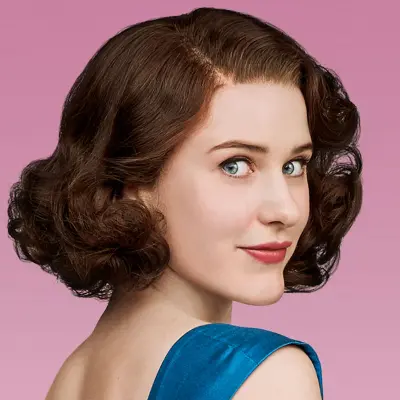The Marvelous Mrs. Maisel's acclaim is mystifying, especially when Midge is the anti-Joan Rivers
-

"Many people found this fantasy invigorating," says Emily Nussbaum. "For me, it felt grating, and not just in terms of verisimilitude—the verbal anachronisms ('totally'), the sitcom clams ('Good talk!'), the cloying Disneyfication of Midge’s Jewish family—but in its central psychology. In The Marvelous Mrs. Maisel, sexism exists. But it never gets inside Midge. Her marvellousness comes from the fact that she’s immune, a self-adoring alpha whose routines feel like feminist TED talks, with some 'f*cks' thrown in. (Rachel) Brosnahan delivers them with moxie, but they’re rarely funny. They’re also the opposite of (Joan) Rivers’s act, which relied on the tension between looking pretty and calling herself a dog—provoking taboo laughs from the revelation that even this nice girl felt like a loser, desperate, unf*ckable. In Mrs. Maisel, Rivers’s more unsettling qualities—her vengefulness, her perception of women as competitors, her eating disorder—all get displaced onto Midge’s foe, fat-joke Sophie, who lives in an opulent French-themed apartment, like the one Rivers lived in, collects furs, and, like the real Joan, wanted to be a serious actress."
ALSO:
- Mrs. Maisel has too many flaws, from its performance style to Jewish stereotypes to child abandonment
- Some female comics say the sexism Midge faces is still prevalent today in comedy clubs
- Check out a curated reading list for Mrs. Maisel fans
- Michael Zegen understands that Mrs. Maisel fans are sick of Joel
- Costume designer Donna Zakowska explains five of Season 2's key costumes
- Zachary Levi discusses the Season 2 finale
TOPICS: The Marvelous Mrs. Maisel, Prime Video, Donna Zakowska, Joan Rivers, Michael Zegen, Zachary Levi
More Marvelous Mrs Maisel on Primetimer:- Who did Wenne Alton Davis play in The Marvelous Mrs. Maisel? Actress dies in road accident at 60
- Don't Mistake Funny Woman for a Marvelous Mrs. Maisel Rip-Off
- Lenny Bruce Helps The Marvelous Mrs. Maisel Recapture Its Old Magic in Series Finale
- Alex Borstein Makes a Dirty, Delightful Mess in Corsets and Clown Suits
